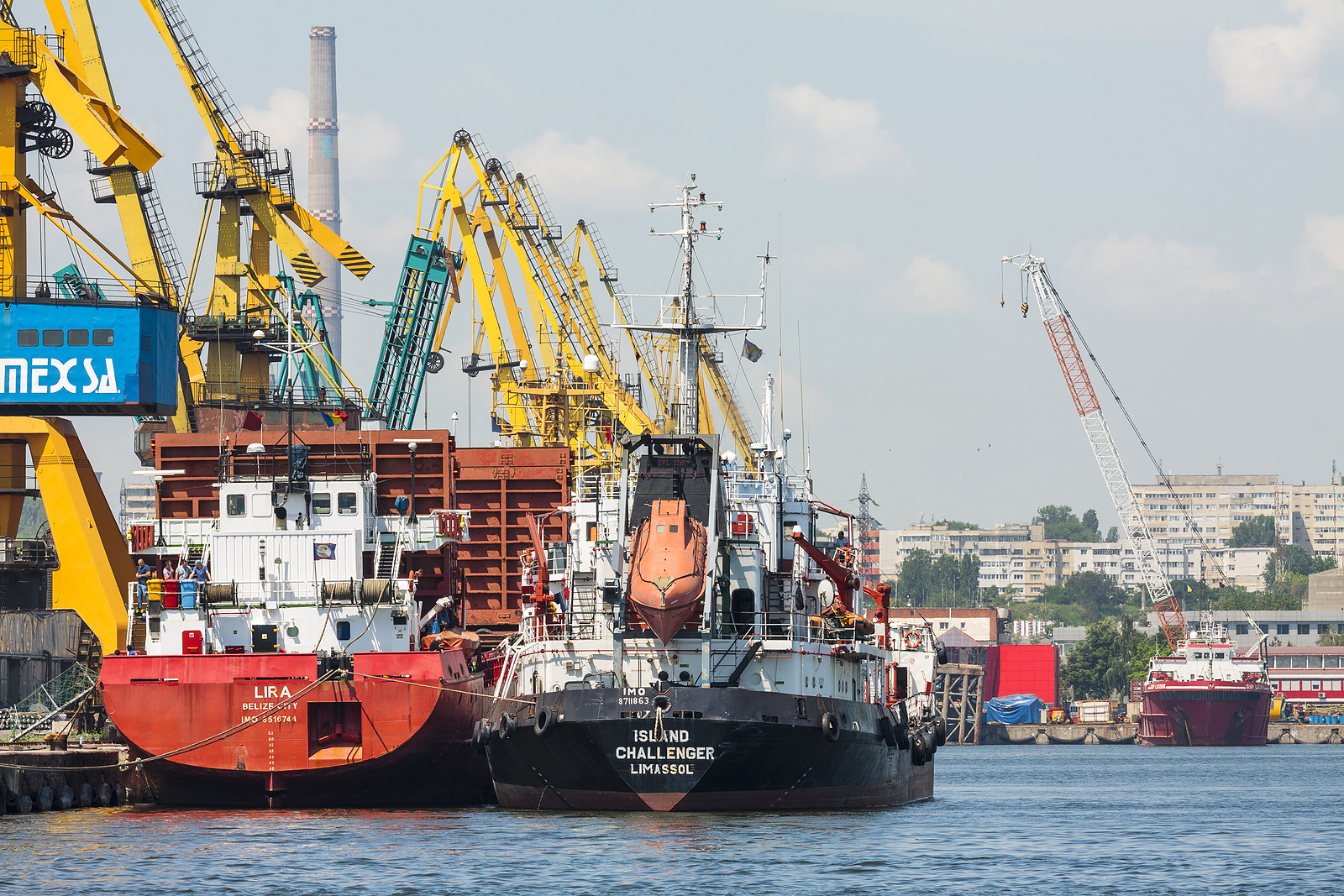Romania’s transformation into a key logistics node has so far gone largely unreported. It’s time for investors to start taking the country seriously.
While in the world of foreign affairs, intelligence agencies are those whose mistakes are public and successes private, in the world of economics, global logistics and supply chain management, that role is played by logistics nodes.
These nodes, where value is added and goods are sorted, stamped and redirected, are crucial and represent the global economic backbone, making it function the way we know today. And when one fails, it can cause cascading disruptions across the network.
In today’s global economy, countless companies, entrepreneurs and consumers are actively involved in the dynamic process of creating value. This modern system of global value chains and Just-In-Time production presents challenges such as congestion and conflicts that apply to logistics, programming and networking alike.
Meanwhile, ideally, most people would never have heard of the node in question. Every thread runs seamlessly and every packet arrives at its destination, making today’s interconnected global economy possible.
The emergence of the Romanian node
Romania has in the past been characterised by noisy politics and has ignored the idea of a global public relations charm offensive. But quietly and without drawing much attention, Romania has recently become one such pivotal logistics node.
The country boosted its annual seaborne cargo from 46 million tonnes to almost 60 million tonnes between 2020 and 2022, supported by a 14.5 per cent increase in road freight transport over the last ten years. It’s not a country that could be accused of overzealous public relations and often lets others write its story, but this growth has been driven by several favourable conditions.
Firstly, disruptions in trade routes passing through Ukraine and the growing trend towards regionalisation and in-shoring have positioned Romania advantageously within Europe. Also, its proximity to Asia and shared border with Ukraine have made it a critical alternative route for trade flows.
Secondly, Romania has seen substantial financial commitments in its logistics infrastructure, including a recent 141 million US dollars investment by Emirates-based logistics giant DP World and the transportation of more than 1.5 million tonnes of goods from Ukraine by Romania’s own Grampet Group.
Romania’s economy has also shown resilience, achieving approximately four per cent real GDP growth in both 2021 and 2022. In addition, substantial EU funding has been directed towards infrastructure and energy projects, with 12.6 billion euros allocated for energy transition and 5.8 billion euros for digitalisation, supporting the country’s expansion.
Implications for investors
Despite its promising logistics and economic developments, Romania’s long-term economic outlook has its challenges. The country is struggling with a persistent account balance and government deficit, and, while reaffirmed, its credit rating is just above investment grade.
Additionally, supply-push inflation, particularly wage growth outpacing productivity, risks eroding its competitiveness at a critical time, although there are solutions to such challenges, including in the medium-term.
However, despite these concerns, the current economic environment presents significant opportunities. The economy continues to grow, a majority of foreign businesses are eager to increase investments, and increased trade activity along with EU funds offer a unique chance for businesses to capitalise on Romania’s increasing logistics capabilities.
Moreover, trade as a proportion of GDP is at a historic high, the opportunities for the development of the digital economy are many, and the country is very much open for business.
Overall, Romania presents an attractive opportunity
Romania’s transformation into a key logistics node has gone largely unnoticed and perhaps it’s time for investors to notice the bright new node on the block.
With robust infrastructure investments, strategic geographic advantages and continued EU support, Romania is well-positioned for sustained economic growth.
While challenges remain, the potential rewards for investors willing to explore this emerging market are considerable. As more and more of the global economy passes through Romania, the opportunities for business expansion are obvious in many key areas, including energy, agriculture and IT, among others.
It’s time for investors to recognise and act on the promising developments of this bright new node on the horizon.
Unlike many news and information platforms, Emerging Europe is free to read, and always will be. There is no paywall here. We are independent, not affiliated with nor representing any political party or business organisation. We want the very best for emerging Europe, nothing more, nothing less. Your support will help us continue to spread the word about this amazing region.
You can contribute here. Thank you.

Sophie Anderson, a UK-based writer, is your guide to the latest trends, viral sensations, and internet phenomena. With a finger on the pulse of digital culture, she explores what’s trending across social media and pop culture, keeping readers in the know about the latest online sensations.









